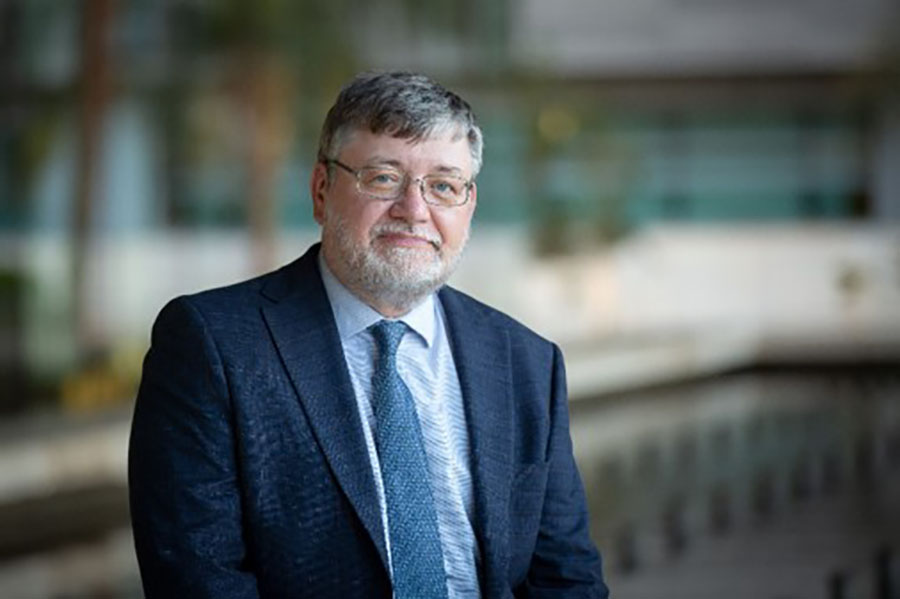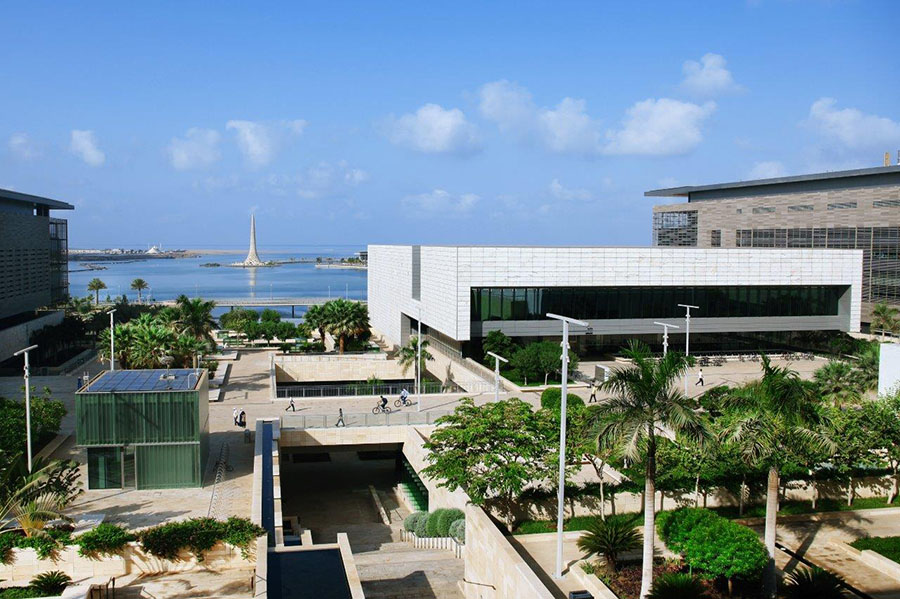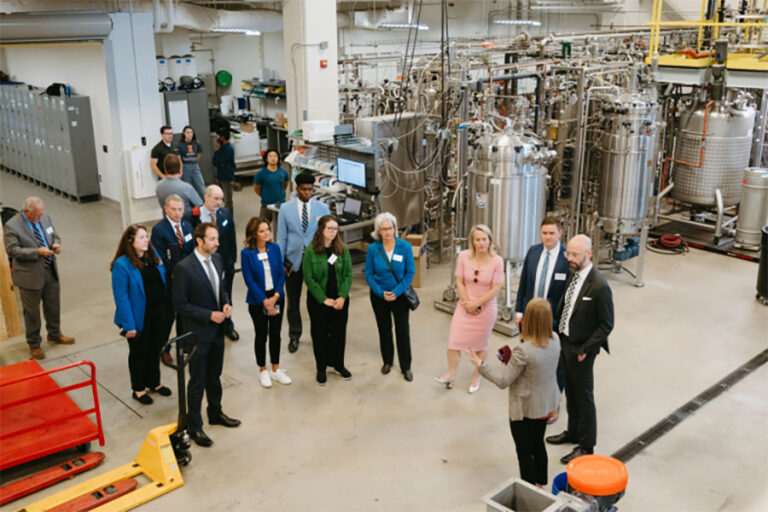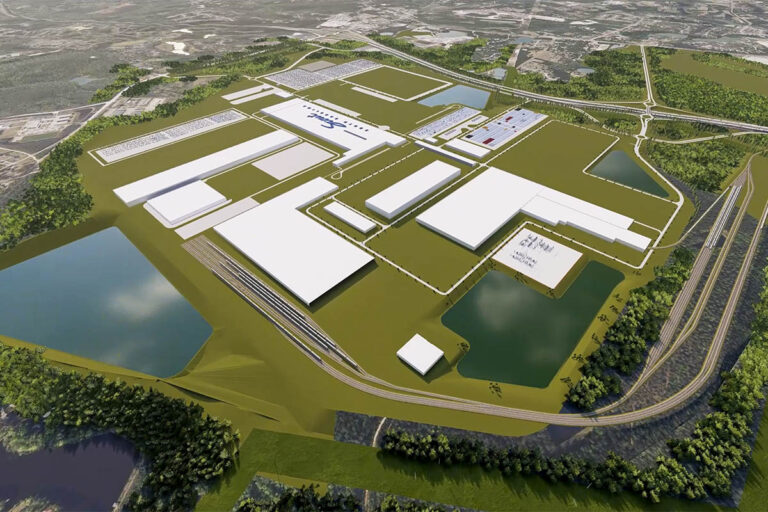
When Donal Bradley came to Saudi Arabia from the UK to take over the position of Vice President for Research at King Abdullah University of Science and Technology (KAUST), the heat and sunshine was not the only novelty he had to adjust to.
Founded in 2009, KAUST is one of the world’s youngest and most international research universities, home to more than 120 nationalities. With funding and facilities that rival any other academic institution, it is a place of opportunity that provides researchers with everything they need to address the most pressing challenges of today.
It is a world away from the traditional British universities, where Bradley made the electronics discoveries that first brought him scientific fame.
“I came to KAUST because of the opportunity to make a real difference and tackle projects that can help change things,” he says. “In the UK, it can be a struggle to access infrastructure and funding. Here researchers are given what they need to take on the main challenges in their field.”

Bradley is an internationally celebrated pioneer in soluble semiconductor research (sometimes called plastic electronics), whose discoveries and patents paved the way for the advent of mass-market printed OLED displays. At KAUST his own research is now focused on a wide range of devices using these materials, including LEDs, lasers and solar cells.
As Vice President for Research, Bradley also oversees cutting-edge research across KAUST’s five priority areas: environment, energy, water, food & health, and digital.
“These are the critical challenges for the world,” Bradley says. “They are regionally, locally and globally important. These are topics that many people are passionate about and want to work on. KAUST is the right place to come to if you want to address these challenges and build your career.”

KAUST is playing a major role in Vision 2030, Saudi Arabia’s plan to diversify its economy beyond fossil fuels and to speed the transformation into a knowledge economy. For example, KAUST has been playing a leading role in the country’s circular carbon economy national program, which aims to develop key technologies to reduce, remove, reuse and recycle CO2.
The university is also a key partner for giga projects such as the futuristic city Neom, which intends to be powered partly by so-called green hydrogen produced by water electrolysis using renewable power. Ammonia, synthesized from this hydrogen, may be used to make the gas easier to contain and transport and KAUST researchers have developed promising new catalysts for efficiently converting the ammonia back into hydrogen at its point of use.
“Across Saudi Arabia we are working with institutions to look for solutions to critical challenges, build knowledge and inform the future directions of national development,” Bradley says.
“As a KAUST researcher your work is not going to be ignored in a journal. You will be able to talk to the people who can deliver solutions based on what you’re doing. The scientific and economic opportunities are considerable. The kingdom’s expectations are high as to what KAUST can achieve, and rightly so![]()









